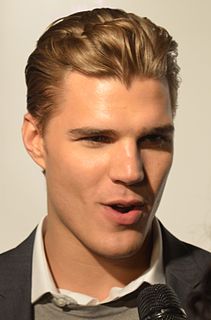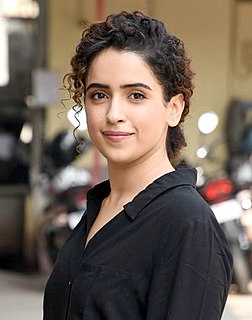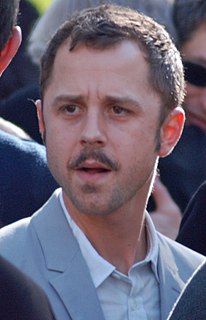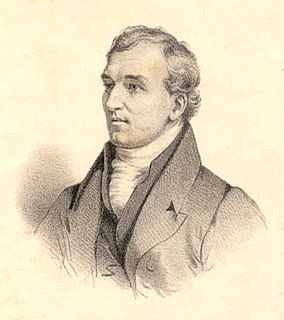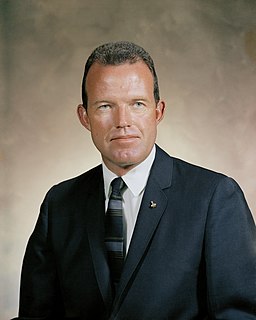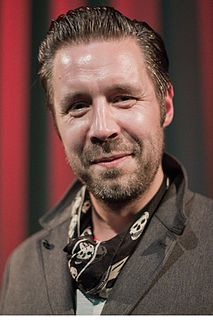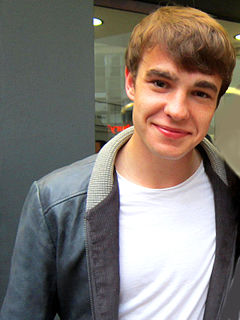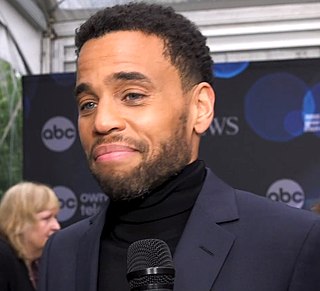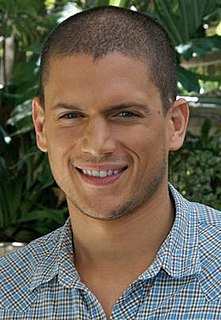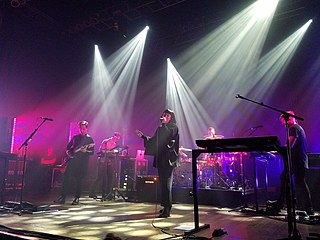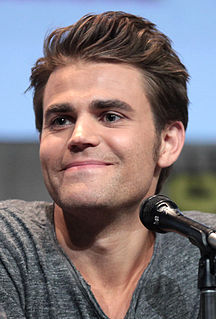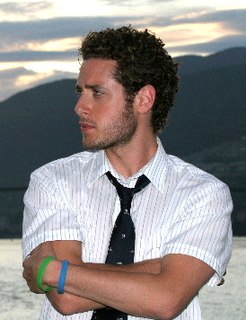A Quote by Martin Landau
A lot of the time with an independent production, you go onto the set, and you rehearse it in front of the crew, and at that point, the cinematographer takes over. You start accommodating the camera instead of the camera accommodating you.
Related Quotes
The difference between a regular camera and a 3D camera, for an actor, is really no different except that the turn-arounds are longer. It takes a lot longer to set up a shot because the cinematographer is really trying to set up a whole world, so it can't be more intricate and more beautiful to the viewers, in 3D.
I'm the most experienced cinematographer in this medium, so there's no point in having that extra conversation in the middle of the loop. You're making the film in relation to what's happening now, and you can't really affect what's happening now. It's not like you're in control of anything in front of the camera. If you're calling yourself the director and you're not the cinematographer, I think you're kidding yourself.
While working with a camera crew supervising flight testing of advanced aircraft at Edward's Air Force Base, California, the camera crew filmed the landing of a strange disc object that flew in over their heads and landed on a dry lake nearby. A camera crewman approached the saucer, it rose up above the area and flew off at a speed faster than any known aircraft.
The camera has a mind of its own--its own point of view. Then the human bearer of time stumbles into the camera's gaze--the camera's domain of pristine space hitherto untraversed is now contaminated by human temporality. Intrusion occurs, but the camera remains transfixed by its object. It doesn't care. The camera has no human fears.
There is nothing worse than when actors come to a set - and it happens a lot with big stars - and they are too aware of where the camera is. They are the show. And that becomes apparent and it affects the production. I am like 'You should not know where the camera is - you should act, and I will do the rest.'
A sitcom, you rehearse for four days of the week and then you shoot it all in one night in front of a studio audience. It's like a play every week, you just shoot it over a seven or eight-day period with a single camera. I enjoy this format of show much more. I'm a feature guy. I like making movies. So the four camera thing I didn't love it that much. I found myself slightly out of my element.

